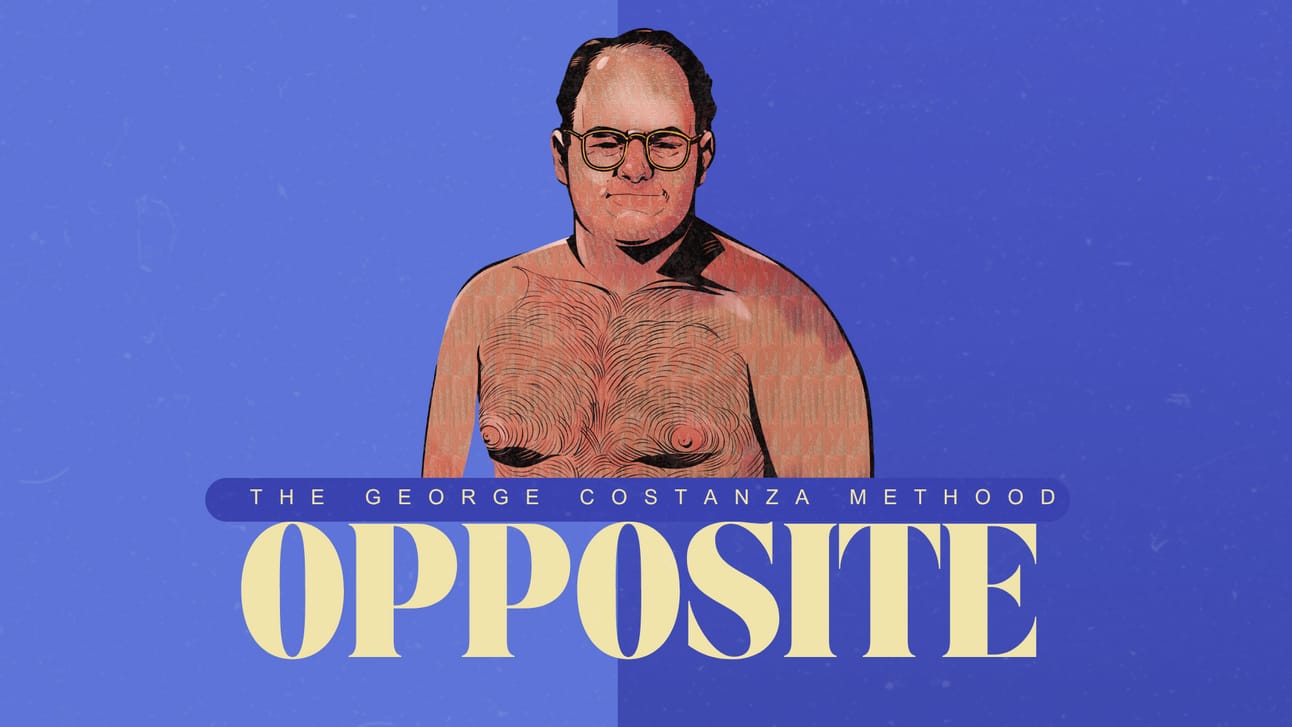
Listen now on Spotify and Apple Podcasts
👋 Hey dumdums,
A few months ago, I met a CEO who told me he doesn’t trust intuition.
He said, “I only make decisions backed by data.”
Five minutes later, he ordered a tuna melt because “it felt right.”
The truth is, intuition never left us. We just stopped admitting we use it.
Angus Fletcher, neuroscientist, English professor, and all-around chaos whisperer, argues that intuition is actually the first pillar of human intelligence.
Before logic, before language, before spreadsheets, we had a built-in superpower:
We notice when something feels “off” and we can turn that odd superpower into wisdom.
🧭 What Intuition Really Is

In Primal Intelligence, Fletcher says intuition isn’t mystical.
It’s exception detection.
It’s your brain whispering, “Something doesn’t fit here, so pay attention.”
Computers ignore exceptions. They smooth them out, average them, and move on.
Humans? We get curious about them. That’s the spark.
Fletcher describes intuition as the moment you stop trying to make the world conform to your model and start letting the misfits rewrite it.
It’s how breakthroughs begin. Not from logic, but from a glitch.
As he told Big Think, AI thinks in probabilities, while humans think in stories.
And stories love a surprise.
⚡ Why Intuition Still Beats Data (Sometimes)

Logic helps us navigate the familiar. Intuition helps us survive the unknown.
That’s why soldiers in the U.S. Army’s experimental training programs, which Fletcher helped design, learned to trust “exceptional information” (i.e. those tiny anomalies that signal a threat or opportunity before the data catches up).
Innovation, too, often starts as a hunch that contradicts the evidence.
Van Gogh painted with colors no one thought “fit.”
Marie Curie chased radiation when it was literally making her sick.
They followed feelings that didn’t make sense until they did.
🧩 How Intuition Works (The Dumb-Science Version)

Notice the anomaly.
Something doesn’t add up. Your brain lights up.Get curious.
Instead of ignoring it, you stare at it like it’s a raccoon wearing a necktie.Break your model.
Ask: “What if I’m wrong about how this works?”Play with possibilities.
Try dumb ideas on purpose. One might make new sense.
Neuroscientists say intuition fires faster than conscious thought. Milliseconds before logic catches up. Which means your brain is already spotting the odd stuff long before you can explain it.
🚫 What Kills Intuition

Endless optimization (the cult of “best practices”)
Meetings where weird ideas are “parked for later”
Fear of being wrong
Data worship (treating outliers as noise instead of neon arrows)
Modern culture rewards pattern followers. Intuition rewards pattern breakers.
Dumb Word of the Day: Frisson
Frisson (pronounced free-sohn) is a fancy French word for that tiny electric shiver you get when something hits you just right.
Goosebumps during a song. A chill at a perfect movie line.
Or that weird full-body yes when your gut knows something before your brain does.
Neuroscientists say a frisson happens when your brain detects an unexpected shift, a key change, a plot twist, a subtle pattern break, and then floods you with dopamine.
It’s basically your nervous system clapping.
It’s your whole body running a surprise party for your brain.
So the next time you feel that micro-shiver, that something you can’t name but can’t ignore, don’t immediately brush it off.
It’s your primal intelligence saying, “You just noticed something exceptional”
Let’s try using it in a sentence: “I got a frisson while writing the word frisson, which felt dangerously self-referential.”
The Intuition Challenge
For the next 48 hours, keep a “Weird Log.”
Write down one moment a day that felt off. A glitch in the Matrix, a conversation that didn’t go the way you expected, a result that didn’t fit your theory.
Then list three possible explanations, no matter how dumb.
By the end, you’ll have a list of anomalies that might be trying to tell you something.
That’s not superstition. That’s early-stage intelligence.
Intuition isn’t guessing. It’s noticing the thing everyone else ignored.
It’s your built-in weirdness detector. The part of you that sees truth hiding in bad data and opportunity inside mistakes.
So the next time you get that quiet gut-tug, don’t silence it. That’s your primal intelligence saying, “Hey, there might be a better solution in the glitch.”
Next week: Imagination — the second pillar of Angus Fletcher’s theory, and the one that turns intuition’s “something’s weird” into “what if…?”
Until then, keep noticing the raccoons in neckties.
David 🎉
Dumbify: Dumb Ideas, Delivered Weekly (You’re Welcome).






